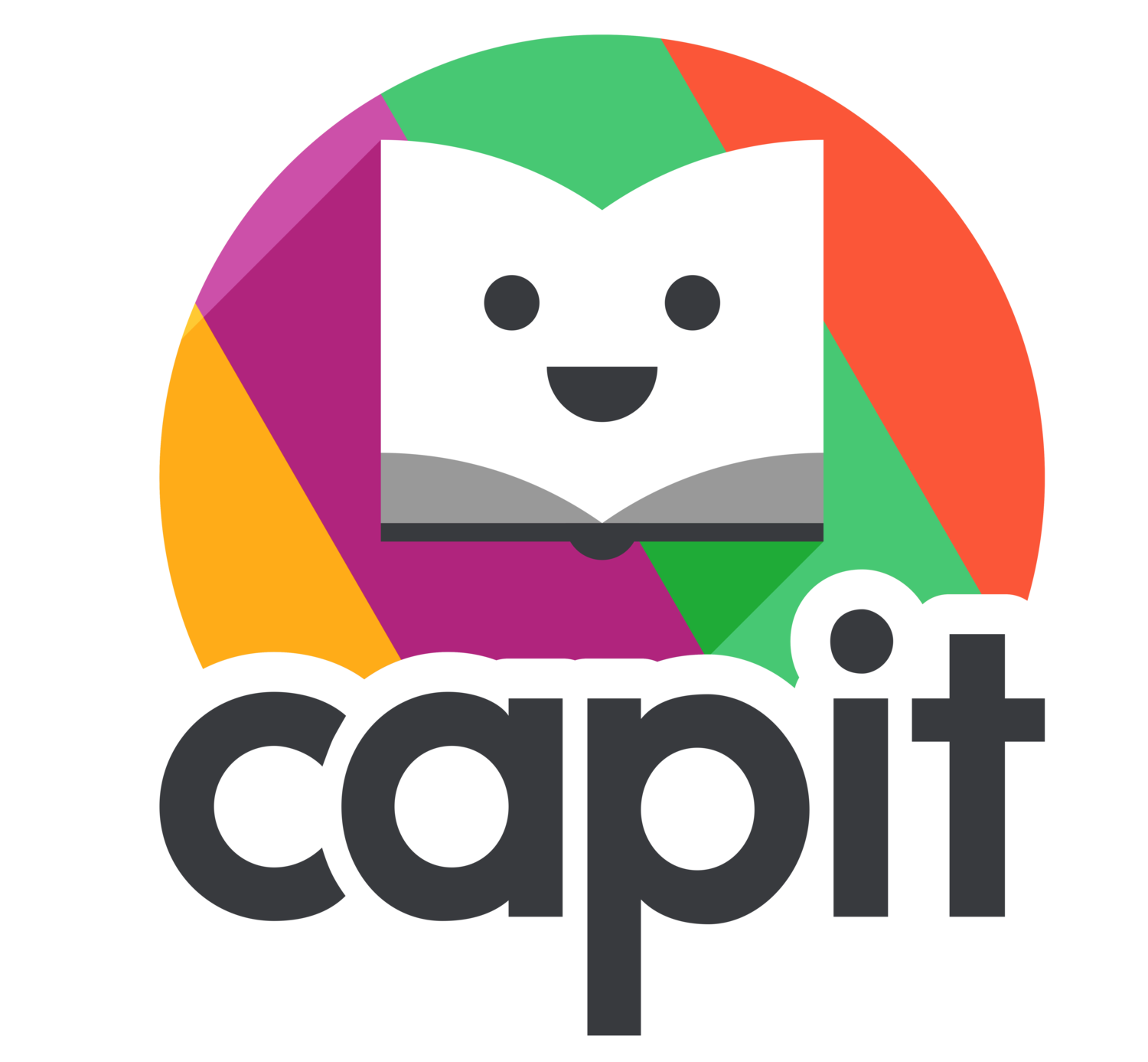Core Knowledge
Reading comprehension, critical thinking, and problem solving skills, are all dependent on a broad knowledge and a large vocabulary. The more students know—the better they read, and the clearer they think. The early grades are critical for building this knowledge and vocabulary.
The CAPIT Reading Core Curriculum links Core Knowledge directly with Reading Skills by aligning our Core Knowledge lesson plan with our Singular Approach to Reading Instruction.
In a CAPIT Reading lesson, students learn a new Sound and Spelling, for example: /b/ and B; students then learn to read and spell new words, for example: Ben, Bill, Bob, Back, Bad, Bag, Bat, Bed, Beg, Bell, Bet, Big, Bin, Bib, Bit, Boss, Box, Bud, Bug, Bun, Bus, But, Buzz; students then broaden their knowledge and enrich their vocabulary through a CAPIT Core Knowledge lesson by enjoying a lengthy discussion about a variety of topics. For example: Big Ben. Using Google Earth, students visit London, England, learn how a bell works, learn new words (Abby, Vibrations, Noon), count the number of rings Big Ben chimes a day (156 times), measure the size of the clock (23.5’), discuss the weight of the bell (13.5 tons, the same as an elephant), and then write in their journal about what they learned using words like Big Ben and Bell.
Every new Sound and Spelling is accompanied with a Core Knowledge lesson filled with deep knowledge and rich vocabulary. And because our Core Curriculum is linked to Reading Instruction, students have the ability to write about the knowledge they learned. As the students’ reading and writing ability develops, they are exposed to deeper and richer texts, can write more elaborately about the knowledge they have acquired.
